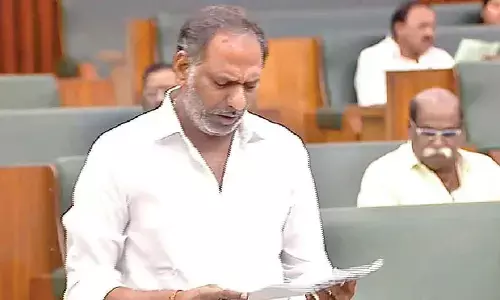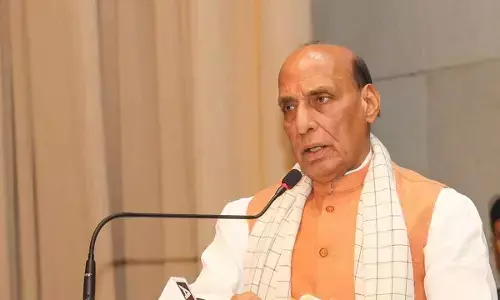Future bright for FMP investors

Ever since the IL&FS fiasco, the corporate debt world seems to continue to spring up surprises for the investors.
Ever since the IL&FS fiasco, the corporate debt world seems to continue to spring up surprises for the investors. The latest is from the Essel group companies, from the promotors of the listed entity, Zee Entertainments Enterprises Ltd (ZEEL).
The rating agencies have come under scanner and their credibility taking a hit possibly reaching the lows of 2008 when the Global Financial Crisis (GFC) happened.
Fixed Maturity Plans (FMP) are fixed tenure mutual fund schemes that invest the corpus in debt instruments maturing in-line with the tenure of the scheme. The tenure of an FMP can vary between a few months to a few years.
These are ideal for investors who are keen to stay invested for the tenure of the scheme and seeking an alternate investment option which aims to provide better post-tax returns with minimal interest rate risk.
The investments of FMPs are predominantly in various fixed interest bearing securities maturing along the tenure of the scheme.
These are closed ended schemes and hence the investments are locked for the entire duration of the fund, till it matures. Though the fund house launching the FMP would not mention the return or yield explicitly, an indicative yield is mentioned, offline.
This is the return an investor could expect pre-tax and pre-costs. And of course, they are attractive also because of the cost structure which is lower and taxation is debt-oriented (indexation could help).
During the IL&FS saga, even liquid funds of many fund houses have taken a beating hurting not just the investor returns but also their confidence in the system.
This time around its the debt funds where the combined exposure of has in excess of Rs 5,700 crore to the Essel group, according to a report. The Mutual Fund (MF) industry has exposures to various Essel group companies across 133 schemes which include both the listed and unlisted entities.
Of them, 89 are closed-ended funds and a majority of these will come up for redemption in the next two years, while the rest mature in 2020. About 28 per cent i.e. close to Rs 1,620 crore is held in these closed-ended funds.
As per the data, about Rs 823 crore worth of debt papers are held by the fund houses which have defaulted on payments as on March 2019. The investments in these NCD of the group entities are secured against the shares of ZEEL.
However, when some of the lenders tried to offload the stock, the stock prices fell by 26 per cent on Jan 25th and Dish TV by 20 per cent forcing the MF houses not to resort to sell the pledged stock.
As further selling could lead to panic, the lenders have collectively resolved to give additional time to honor the commitments by the group.
The debacle came to light when HDFC MF which has exposures to the Non-Convertible Debentures (NCD) of these affected companies which were also part of their FMP were revised or rolled over post the initial maturity date.
The investors who are expecting money from FMPs in March did not receive any but their investments were extended till September.
A similar action was taken by Kotak AMC when their FMPs came for maturity recently and they too were 'revised'. This is an unprecedented scenario in the investment world where the FMPs were extended unilaterally.
A troubling part of this whole episode is if the AMCs have flouted the norms? As per Sebi regulations, FMP can only invest in securities which mature before the date of the maturity of the scheme.
But the data shows that most of the NCDs invested are maturing only post June. And of course, as I initially stated, the rating agencies have not raised any flags till the issue came to light and even at the time of maturity they just extended the revised deadline while not stating as a default.
The AMC has issued a statement saying that the said firms are facing headwinds due to company and sectorial-specific issues and that they (fund houses) are working with the group for optimal recovery for the benefit of the unit holders and believe that the recovery will take place albeit with some delay.
Another fund house quoted that the purpose of rollover/extension is due to current interest rate scenario and portfolio positioning, the yields prevailing in the short maturity bucket present an option for investors to lock in their investments at current prevailing yields.
All the while, FMPs are projected as tax efficient alternatives to bank fixed deposits (FD) and many investors buy into this. What is mostly left unaware is the credit default risk which not just impacts your return but the entire principal.
Investors should be wary of the risks and even a detailed reading of SID (scheme information document) would not give out the risks associated but the advisor could throw some light on this front.
However, in this case, even the asset backed securities are under stress, the only hope for the investors is that the future is bright.
(The author is co-founder of "Wealocity", a wealth management firm and could be reached at [email protected])








